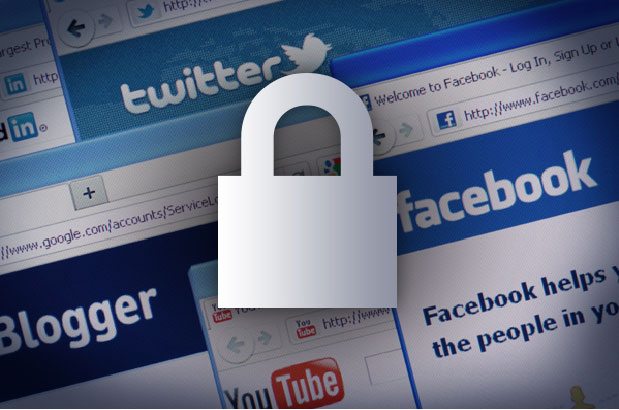
Some basic information security tips for Facebook, Twitter, Instagram, etc.
Browsing the Internet safely and privately is essential for any user. According to experts in digital forensics from the International Institute of Cyber Security, every time a user browses on the Internet is exposed to bugs and inefficient or malicious practices that could compromise the security of their information. Here are some simple practices to reinforce our Internet security.
Using security software
The use of security programs and tools is a good measure to avoid the entry of malware or any malicious software in our systems, even more when browsing the Internet, where the attackers are always lurking.
Backups could be useful
A basic measure to protect ourselves from data loss is backing up our information, either due to a cyberattack or to hardware damage. Having a security copy of your information gives you an additional layer of protection against the ransomware or some data erasure software.
Think of a secure password
Cybersecurity and digital forensics experts have repeated it again and again: never use your date of birth, relative names or other commonly used as a password. A secure password mitigates the risks of dictionary or brute force attacks.
Sensitive information encryption
Users should consider encrypting information considered as sensitive when sending it by email or storing it in the cloud, there are multiple options for users with any level of knowledge.
Remember to always log out
Log out from every platform you use, especially when using a device that does not belong to you. Public-use computers may contain a keylogger or some type of software that registers a user’s login keys.
Store your passwords in a safe space
Never store your passwords in text files or notepads on your computer, in case of loss, all your access codes would be compromised. Consider using password management software.
Keep alert of system upgrades
Software bugs appear frequently in all systems. Keeping your software updated will help you stay safe from exploiting any vulnerability present in your system.
Avoid public WiFi networks
You must be careful with the use of public networks; digital forensics experts mention that malicious users often try to compromising them to extract information. Using VPN services is an interesting alternative for private browsing.
Enable security alerts
You can choose to receive a security alert when using an online banking service or similar. In the event that a malicious user tries to access one of your accounts, one of these alerts might help your bank determine an illegitimate access attempt.
Think before you click
Resort to common sense; don’t click on misleading links or ads, never open an email if you’re not sure it’s from a legit user. Once you learn how to distinguish malicious content online it is easier to keep your information secure.

No comments:
Post a Comment